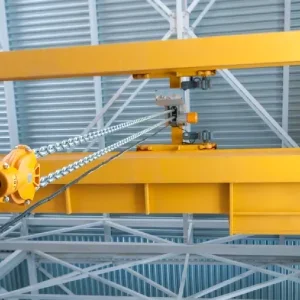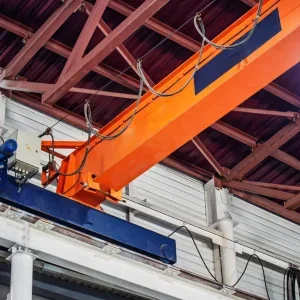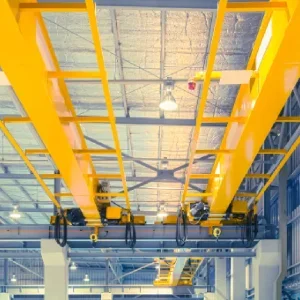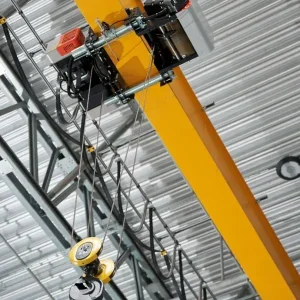
“Since the Draghi Report, European policymakers talk about competitiveness compulsively. Although it did take a good 10-15 years for us to get here, let’s not dwell on it and appreciate the focus it is getting at last,” said Oliver Janin, secretary general, FEM. But is it too late? – All manufacturers are experiencing extreme pressure from third-country competitors, whether on external markets or the European market, where they are losing ground. These competitors are benefiting from supportive policies allowing them to innovate at high speed and making the most of the digital transformation. For example, China took three months to develop the prototype of a high-tech AGV; 18 months between the first ground breaking ceremony for the construction of a factory and the first industrial truck coming off the production line. This is what Europe is competing against. Meanwhile, FEM members are spending most of their R&D budgets on compliance with a variety of new EU regulatory requirements piling up under the last EU legislature. Companies will also see production costs increase because of The EU’s Carbon Border Adjustment Mechanism (CBAM), which will not apply to third-country competitors. Further, a blanket restriction on PFAS (polyfluoroalkyl substances) would deprive manufacturers in Europe from essential components. Expected to innovate whilst faced with increased regulatory burdens, companies feel let down and distrusted by an EU leadership that has a Manichean vision. Difficult, in such a context, to find enthusiasm about the new political hype for competitiveness.
Policymakers must show they have taken full grasp of the situation. Facilitating investments will help. Upcoming decisions on CBAM or PFAS will make a difference and avoiding new regulations and discarding unnecessary ones when they undermine competitiveness, said Janin.






